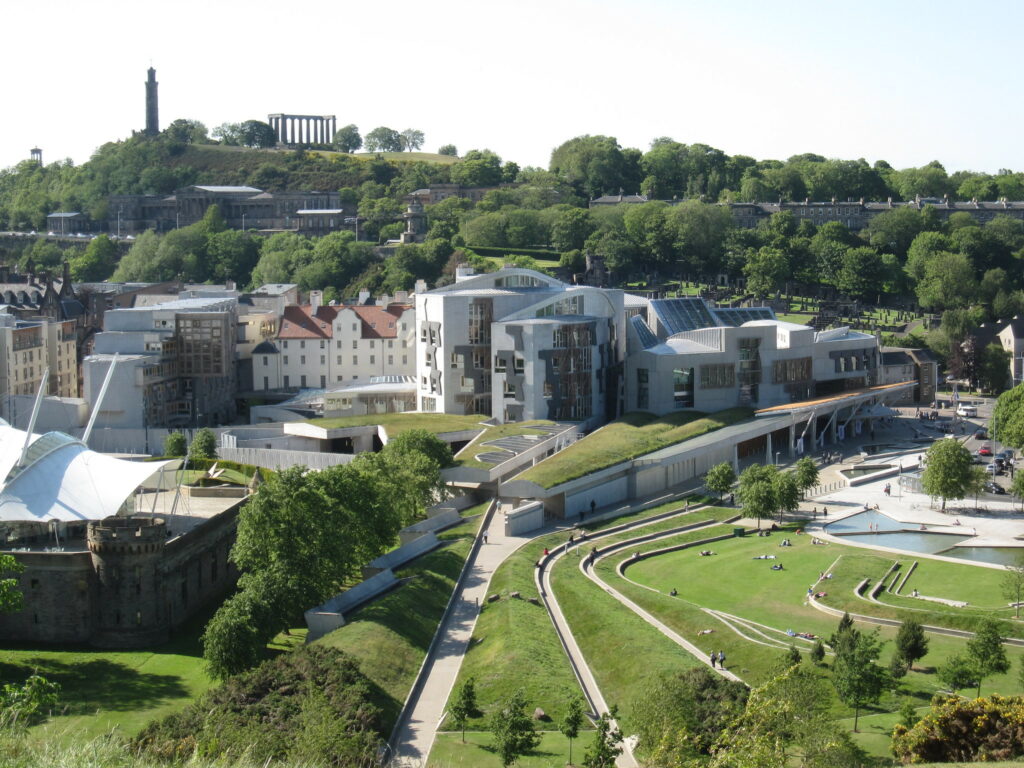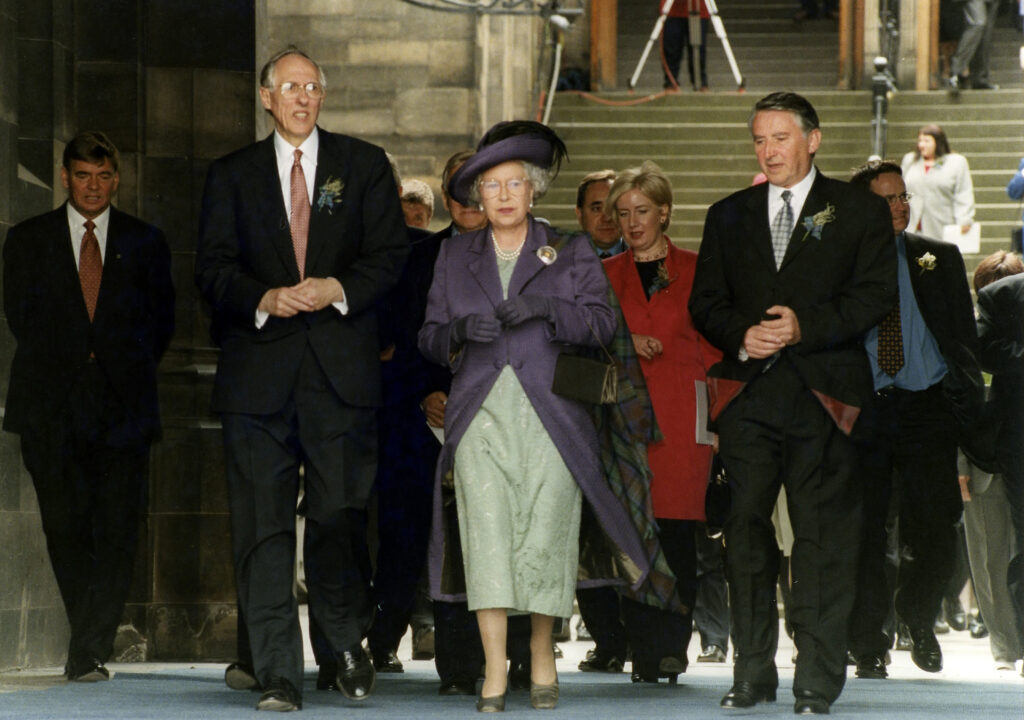
Sir Alex Fergusson, the Conservative MSP who brought forward the debate, saw the merits of daily prayer in the UK Parliament and felt it should be emulated in some form at Holyrood. The custom – reportedly dating back to 1558 – has been criticised for giving primacy to the views of Christian MPs and peers over all others.
In line with the Scottish Parliament’s founding principles of openness, accountability, and equal opportunities, the debate revealed a broad consensus for a more inclusive approach. Recalling her own experience in the House of Commons, nationalist MSP Winnie Ewing spoke of the practical advantage that precursory prayers gave to Christian MPs. She pointed to the fact that ‘if I wanted a seat, I had to pray. That was not a very dignified situation, but there were not enough seats to go around.’ Liberal Democrat MSP Donald Gorrie, another former MP, described daily prayers as ‘awful’, ‘exclusive’, and ‘ritual of the worst sort’.
